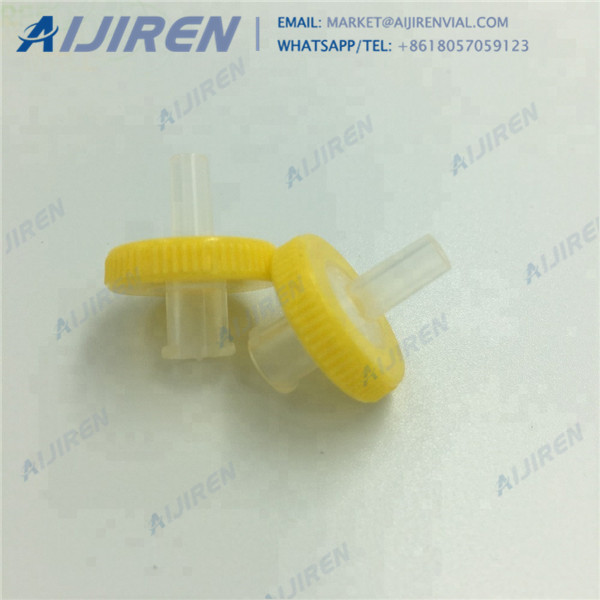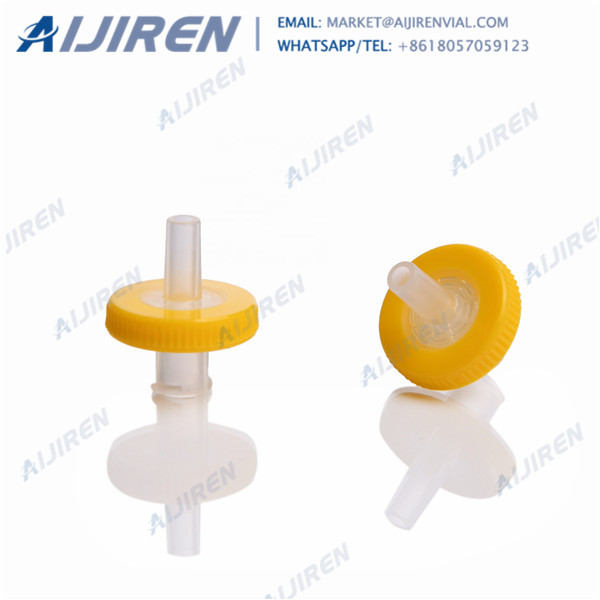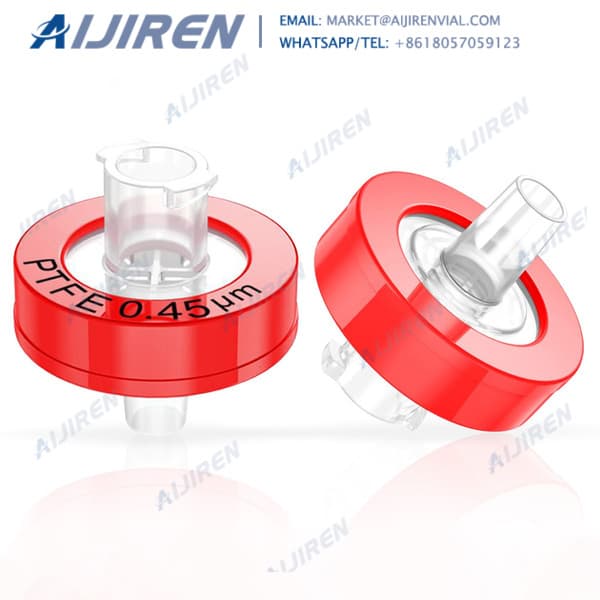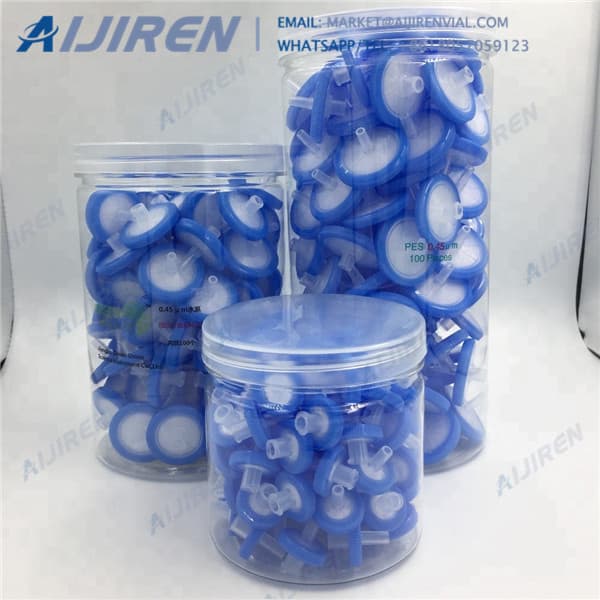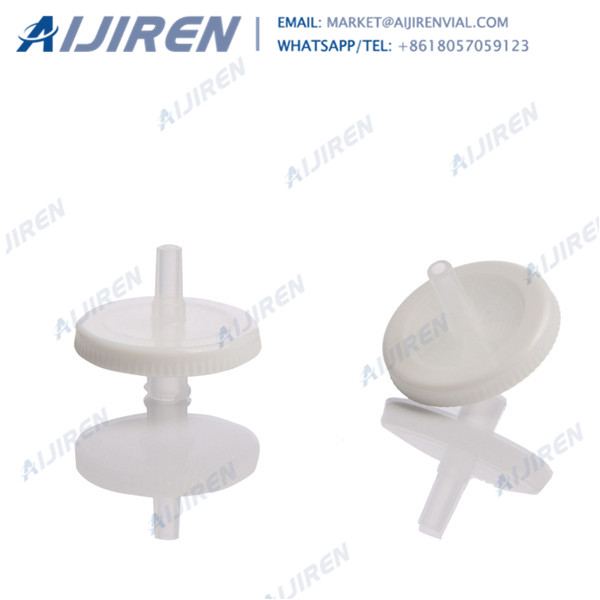

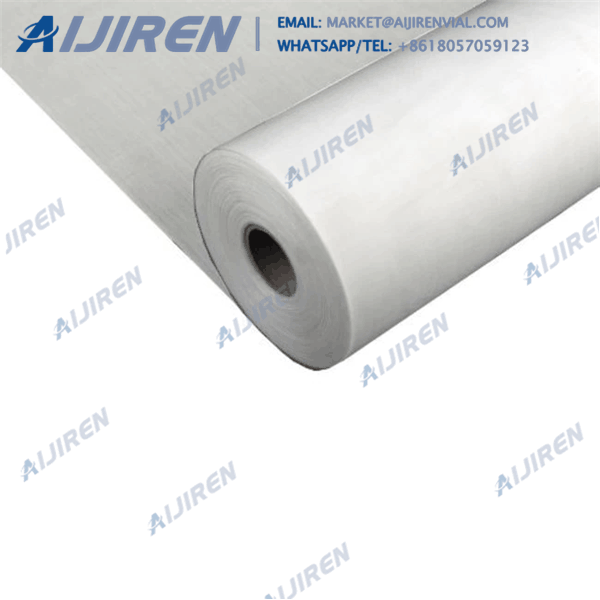
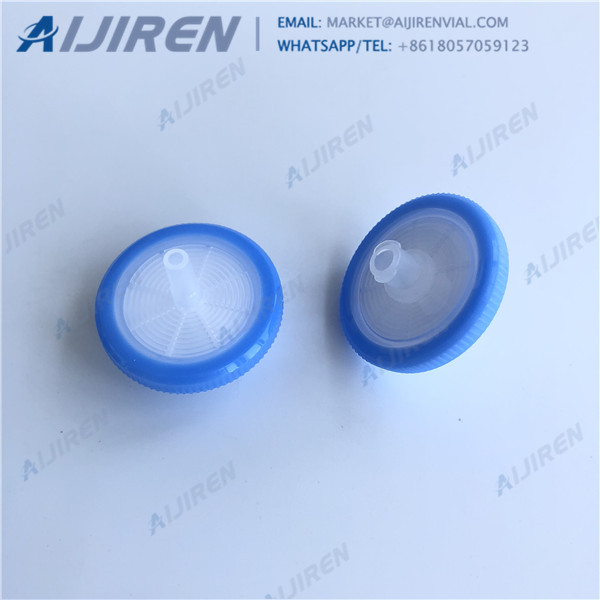
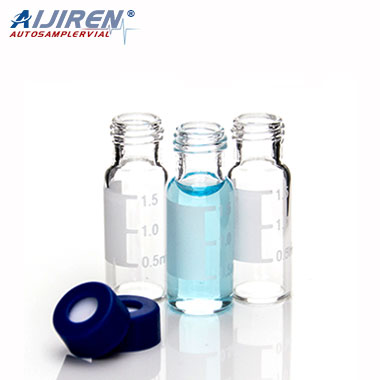
Sterile syringe filters are essential laboratory tools used for removing particulates and microorganisms from liquid samples. They are widely used in various applications, including analytical chemistry, pharmaceuticals, food and beverage, and biotechnology. As with any laboratory tool, users may have questions about their proper use, selection, and maintenance. In this article, we have provided answers to some frequently asked questions about sterile syringe filters to help users make informed decisions and avoid potential issues.
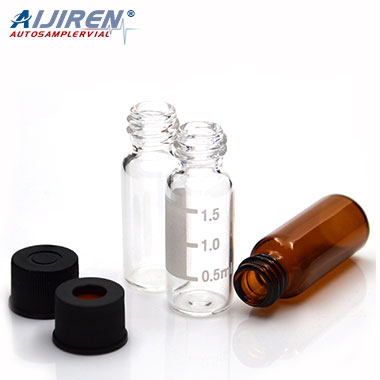
PVDF syringe filters are widely used in various laboratory applications such as sample preparation, sterilization, and filtration of biological and chemical samples. These filters are made of polyvinylidene fluoride (PVDF), a highly versatile and chemically resistant material that can withstand a wide range of solvents and temperatures. As with any laboratory consumable, there are several frequently asked questions (FAQs) regarding PVDF syringe filters. In this context, we have compiled a list of FAQs and provided concise answers to assist you in making informed decisions about the selection and usage of PVDF syringe filters.
